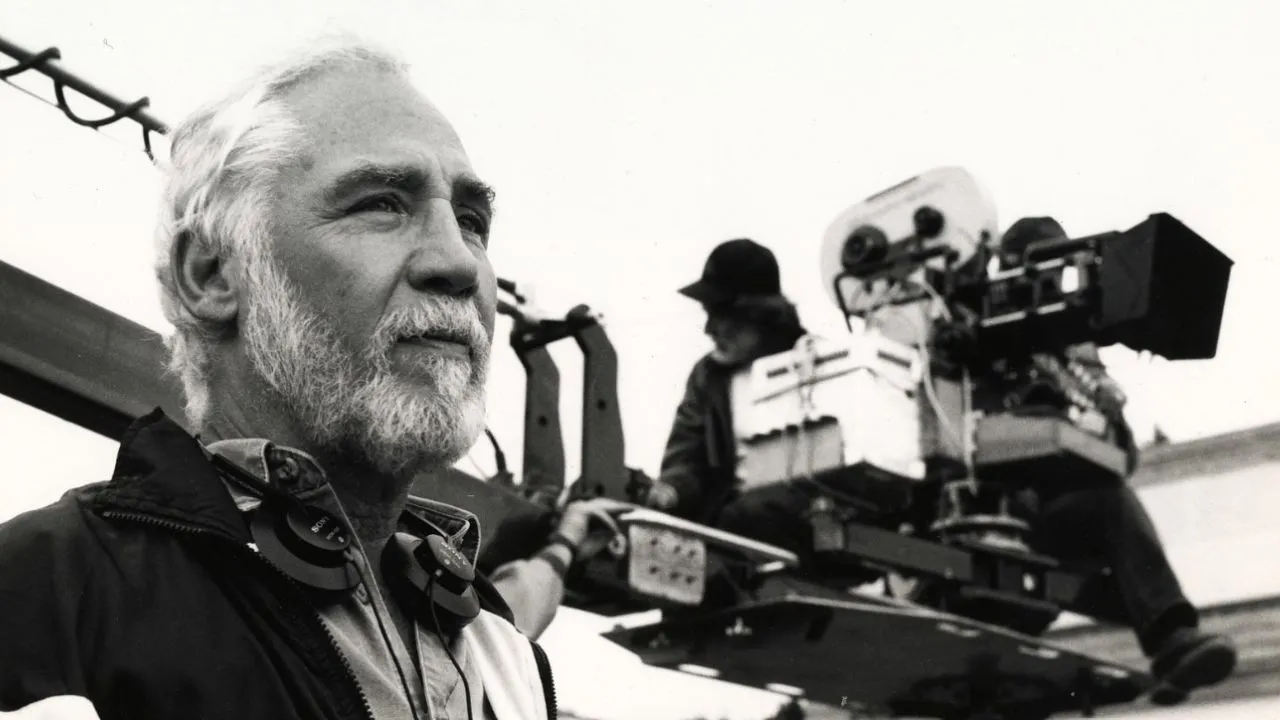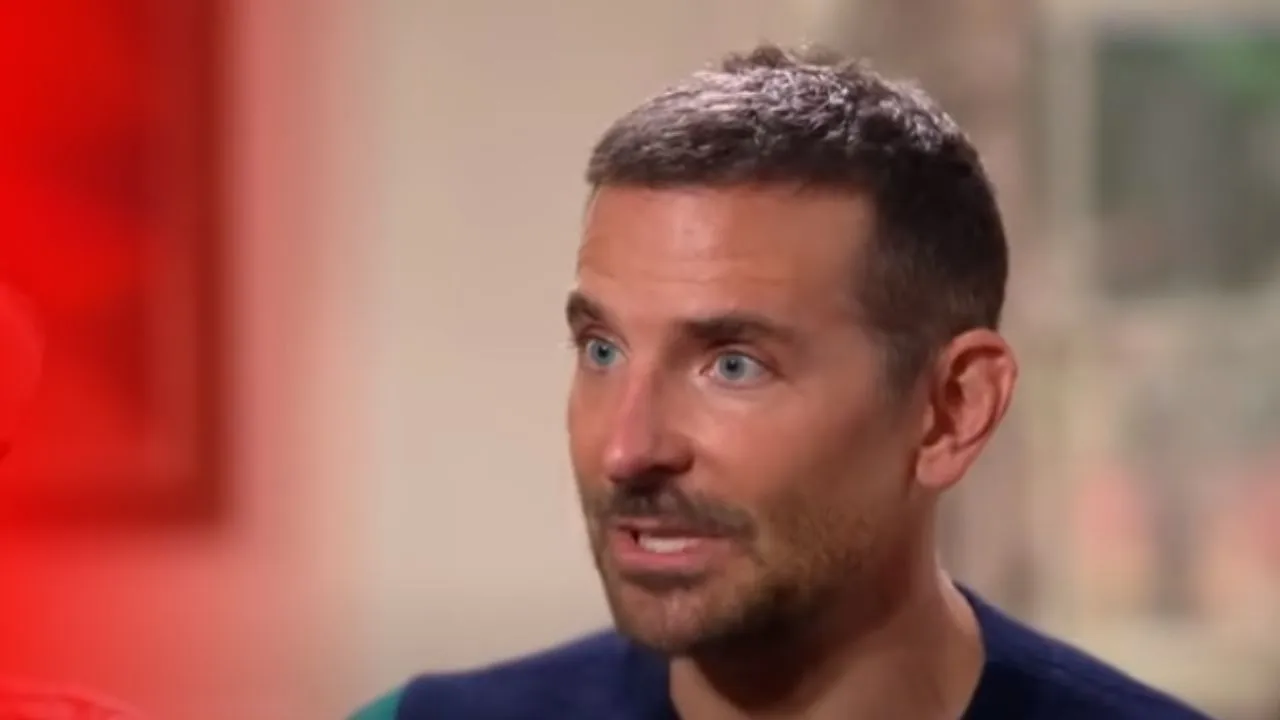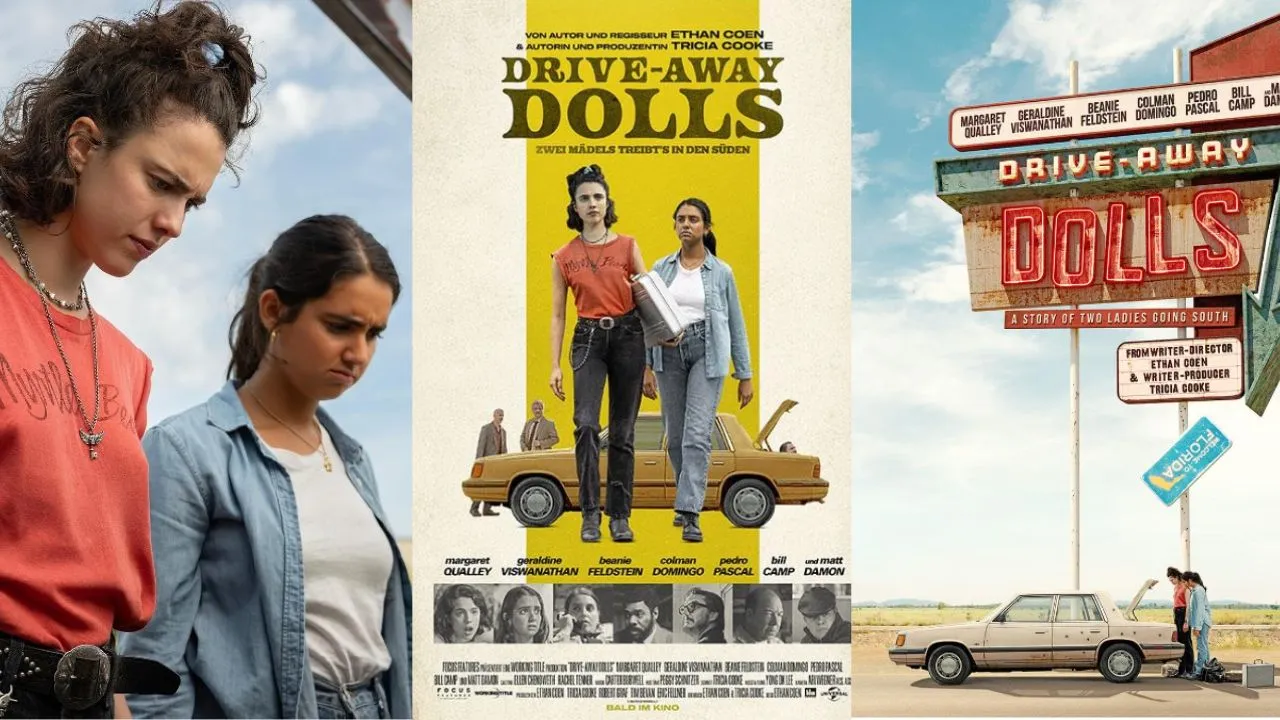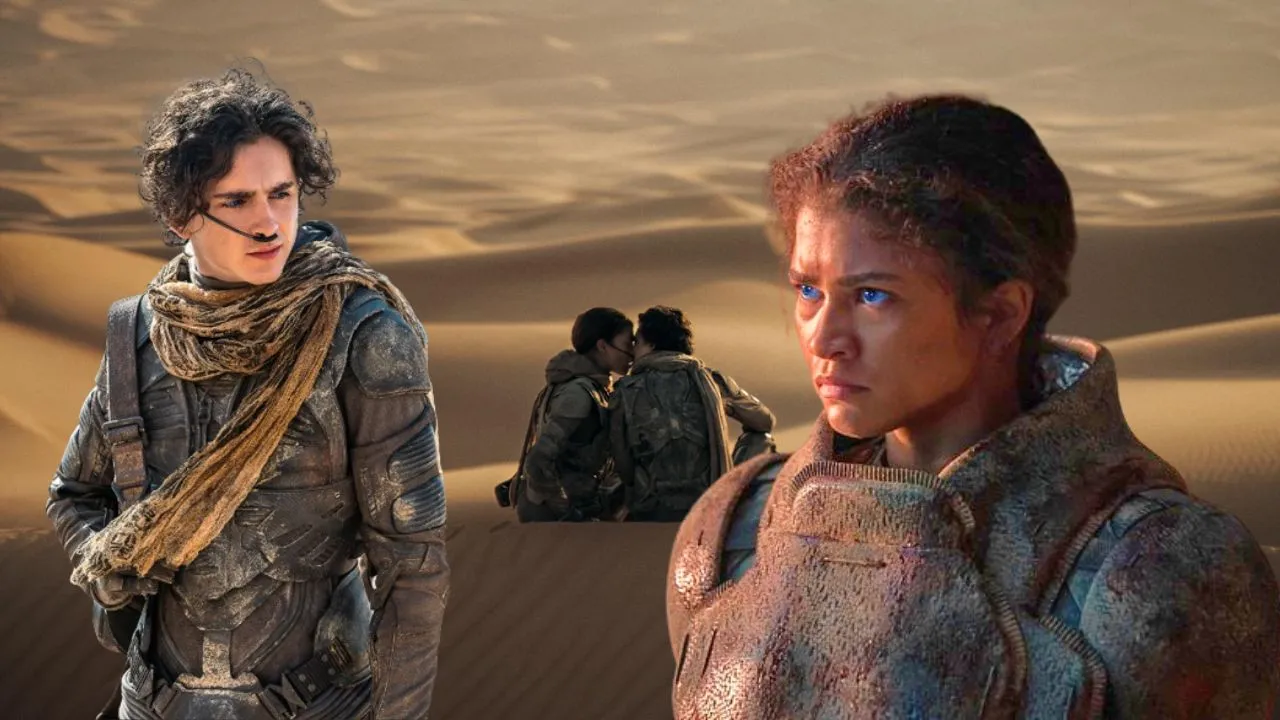Val Kilmer: The Enigmatic Star Who Defied Hollywood and Left a Lasting Legacy
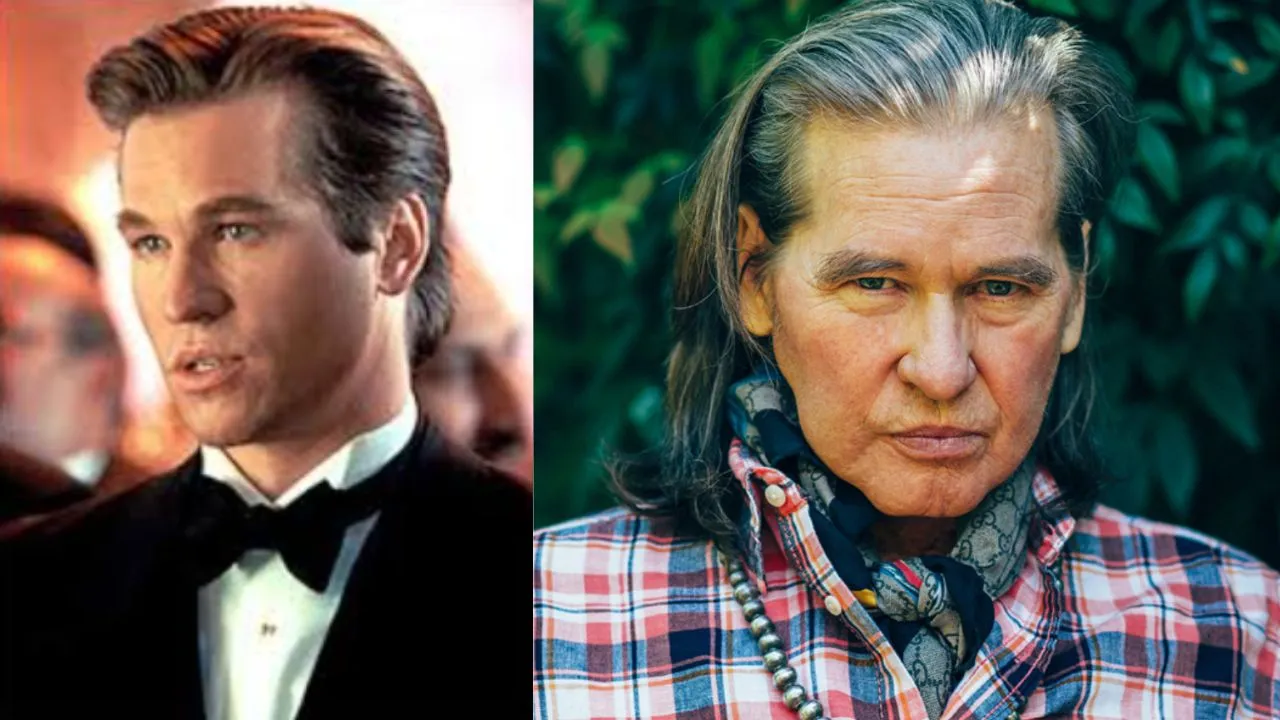

Val Kilmer was a name that once echoed through Hollywood like a thunderclap—charismatic, unpredictable, and undeniably talented. From his icy cool turn as “Iceman” in Top Gun to his brooding portrayal of Jim Morrison in The Doors, Kilmer carved out a career that was as eclectic as it was electrifying.
But beyond the silver screen, his life was a rollercoaster of triumphs, trials, and a tenacity that kept fans hooked until the very end. On April 1, 2025, the world lost this cinematic titan to pneumonia at the age of 65, as confirmed by his daughter Mercedes Kilmer. Yet, his story—past and present—remains one that demands to be told, a tale of a man who danced with fame, wrestled with fate, and left an indelible mark on pop culture.
The Rise of a Hollywood Maverick
Born on December 31, 1959, in Los Angeles, Val Edward Kilmer was destined for the spotlight. With a chiseled jawline and a piercing gaze, he had the looks of a leading man, but it was his raw talent that set him apart. His breakout role came in 1986 with Top Gun, where he played Lt. Tom “Iceman” Kazansky, the cocky rival to Tom Cruise’s Maverick.
Fun fact: Kilmer didn’t even want the part. In his memoir I’m Your Huckleberry, he admitted to sabotaging his audition by reading lines with zero enthusiasm—yet director Tony Scott saw something in him that couldn’t be ignored. That role launched him into stardom, and his smug, jaw-clenching “You’re dangerous” line became the stuff of legend.
The ‘90s were Kilmer’s golden era. He embodied Jim Morrison in Oliver Stone’s 1991 biopic The Doors, a performance so uncanny that even Morrison’s bandmates were floored. Then came Tombstone in 1993, where his portrayal of the tubercular gunslinger Doc Holliday—“I’m your huckleberry”—stole the show from Kurt Russell’s Wyatt Earp. By 1995, he donned the cape as Batman in Batman Forever, raking in a cool $7 million (about $12 million today). At his peak, Kilmer was one of Hollywood’s highest-paid actors, a versatile force who could pivot from action to drama to comedy with ease.
But here’s the kicker: Kilmer wasn’t your typical A-lister. He had a reputation for being “difficult”—a label he later addressed in his 2021 documentary Val. Stories of on-set clashes with directors and co-stars swirled, painting him as a Hollywood bad boy. Yet, those who knew him best, like Michael Mann (who directed him in Heat), praised his “brilliant variability” and depth. Kilmer himself shrugged off the drama, saying he hoped the quality of his work would outshine the gossip.
The Battle That Changed Everything
If Kilmer’s early career was a high-flying jet, his later years were a turbulent descent—one he navigated with grit and grace. In 2014, he was diagnosed with throat cancer, a bombshell he initially kept under wraps, influenced by his Christian Science beliefs. By 2015, the world caught wind when he was rushed to the hospital for a “possible tumor.” He denied it at first, but in 2017, he opened up to The Hollywood Reporter, admitting, “I was too serious.” Chemotherapy, radiation, and two tracheotomies followed, leaving his voice a raspy shadow of its former self. He had to choose between breathing and eating, relying on a feeding tube—a stark contrast to the swaggering star of yesteryear.
Yet Kilmer didn’t fade quietly. His 2021 documentary Val, co-directed by Leo Scott and Ting Poo, was a raw, revealing look at his life, stitched together from decades of home videos he’d obsessively filmed since childhood. Narrated by his son Jack (since Val could no longer speak naturally), it showed a man confronting his mortality with humor and heart. “I’ve lived a magical life,” he said through Jack’s voice, reflecting on a journey that included both glory and grief—like the tragic loss of his brother Wesley, who drowned in a hot tub at 15, an event that haunted Kilmer for years.
The Comeback That Broke Hearts
Kilmer’s final act was a tearjerker. In 2022, he reprised Iceman in Top Gun: Maverick, a sequel 36 years in the making. Tom Cruise, who’d fought to bring him back, wept filming their reunion scene, where an ailing Iceman advises Maverick one last time. Using AI to recreate his voice, Kilmer delivered a performance that hit fans like a gut punch. “This scene hits 10 times harder now,” one X user posted after his death, echoing a sentiment felt across the globe. It was a poetic send-off for a man who’d flown higher than most.
The Man Beyond the Movies
Off-screen, Kilmer was a paradox—an “ethereally handsome” actor (as The Guardian put it) who evolved into a droll, self-aware artist. He painted prolifically, turned to poetry, and even launched the TwainMania Foundation to honor Mark Twain, a personal hero. His personal life was just as colorful: a marriage to actress Joanne Whalley (1988–1996) produced two kids, Mercedes and Jack, and a string of high-profile romances kept tabloids buzzing. Financially, he hit rough patches—divorce and flops dented his fortune, leaving his net worth at an estimated $10–25 million by 2025—but his creative spirit never wavered.
A Legacy That Won’t Fade
When news of Kilmer’s death broke on April 2, 2025, tributes flooded in. Josh Gad called him “an icon” who defined a generation’s movies. Michael Mann mourned the loss of his “powerful current.” Fans on X revisited classics like Heat and Kiss Kiss Bang Bang, marveling at his range. His daughter Mercedes shared an emotional tribute, revealing he passed surrounded by loved ones in Los Angeles, a quiet end to a loud life.
Val Kilmer wasn’t just a star—he was a comet, blazing through Hollywood with a brilliance that couldn’t be tamed. From dodging auditions to stealing scenes, from battling cancer to reclaiming his voice, he lived on his terms. As he once said, “I have no regrets because I have lost and found parts of myself I never knew existed.” For fans old and new, Kilmer’s story is a wild, wondrous ride—one that’ll keep us watching, and wondering, for years to come.

